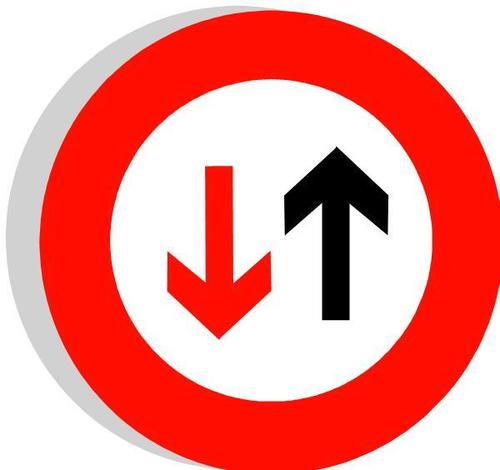The Impressive Growth Of App Store Downloads
10/01/2013Empathy from doctors can lead to happier, healthier patients
10/01/2013Low health literacy leads to increased healthcare costs
Sitting in a physician’s office wearing nothing but a paper thin gown can be daunting in and of itself. Now imagine, your white coat syndrome worsens as your doctor throws out unfamiliar vocabulary, as your mind draws a blank. If this sounds familiar, you’re not alone, according to Archives of Internal Medicine most patients only understand and retain about half of what a provider tells them, and do not feel comfortable asking providers to clarify. Approximately 90 million people in the United States lack the basic skills or proficiency necessary to understand and use health information as reported by The Institute of Medicine. National data from the Center for Education Statistics suggests that only 12 percent of American adults have proficient health literacy skills – reading, writing, understanding, computing, communication and using health information. The growing disparity in health literacy is directly impacting patient health. Low health literacy has been estimated to cost the U.S. economy between $106 billion and $236 billion annually reported by the Center for Health Policy Research.
As defined in Health People 2010, Health literacy is:
“The degree to which individuals have the capacity to obtain, process, and understand basic health information and services needed to make appropriate health decisions.”
The problem affects patients of all demographics. People of all ages, race, income and education levels have a difficult time communicating with healthcare providers, and health literacy can also be influenced by culture, language, religion and belief systems.




